What is shoulder surgery?
Shoulder Surgery is defined as the process that repairs degenerated, damaged, and diseased shoulder joints. It helps to treat several conditions or diseases that are connected to the shoulder joint. These involve shoulder shifting, rotator cuff tears, or shoulder separations. Shoulder surgery is essential to get life back to normal and let the damaged shoulder joint function properly.
The shoulder joint basically originated where the upper arm bone, shoulder blade, and collarbone meet. Ligaments are tissues that incorporate these bones within your shoulder joint. A group of four muscles covers these bones to form your rotator cuff. These muscles are connected to your bones by tendons, which are tough pieces of connective tissue. The shoulder joint also involves layers of cartilage, joint fluid, and a bursa sac that helps cushion your joints.
Shoulder surgery is common nowadays, however, these surgeries include some serious risks with possible complications. Therefore, you may opt for less invasive procedures, and always consider the second option before going further with the shoulder surgery.
Different Types of Shoulder Surgery
The different types of shoulder surgery include
1. Arthroscopy
The surgery is done using an arthroscope. An arthroscope is a thin, long instrument that involves the use of a tiny camera, the camera is inserted into, over, or near the joint through the incision. It will help to clear pictures of the inside of your joint to a video screen that will be viewed and helpful to a doctor performing surgery. This type of surgery is recommended during arthroscopic shoulder surgery for shoulder dislocations, shoulder tendonitis, soft tissue repairs, rotator cuff problems, and to repair torn cartilage or ligaments.
2. Soft tissue repair
They help to treat damage to the shoulder muscles.
3. Rotator cuff repair
It helps reattach a torn rotator cuff. It’s done to treat torn shoulder in shoulder joints.
4. Arthroplasty
It replaces or resurfaces a diseased joint. It includes removing damaged surfaces of bone and replacing them with the artificial material that is known as prosthesis. It involves the partial replacement or the total replacement of the shoulder joint. It is recommended for degenerative diseases of the shoulder like osteoarthritis and rheumatoid arthritis.
Why is Shoulder Surgery necessary?
Shoulder joint damage due to aging, overuse, disease, or injury. The doctor recommends shoulder surgery to the patients if less risky treatment options don’t work for them. It is also necessary to take advice from your doctor and get a second opinion before moving with the shoulder surgery.
The doctor suggests shoulder surgery to treat:
- Shoulder separation
- Shoulder dislocation
- Frozen shoulder
- Rotator cuff tears
- Tendonitis
- Fracture
- Cartilage conditions
- Bursitis
- Arthritis
Who performs Shoulder Surgery?
An orthopedic surgeon is a specialist who performs shoulder surgery. They specialize in treating diseases and conditions of the bones or connective tissues.
Why Khandaka Hospital?
Khandaka Hospital in Jaipur is considered the best hospital for shoulder surgery because mostly the shoulder joint is neglected in any hospital, but Khandaka Hospital is the very few hospitals in India that treat a variety of shoulder problems including fractures and recurrent dislocation. Khandaka Hospital is the leading one to commence BANKART OPERATION using the minimal technique in the state of Rajasthan.
The Khandaka Hospital uses the latest techniques and state-of-the-art technology to surgically and conservatively manage shoulder and elbow disorders. Our experts assure to make the treatment less painful to make you recover soon.
Meet Our Doctors
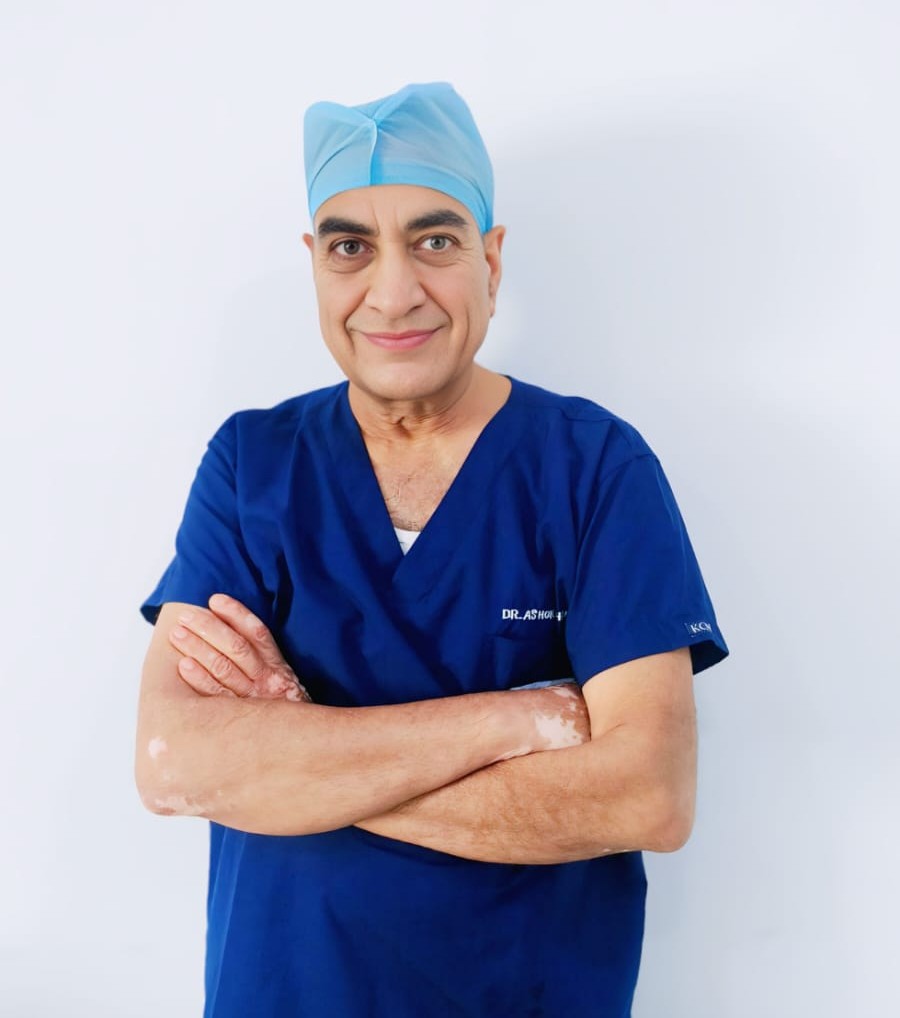
Dr. Ashok Khandaka
Chief Orthopaedic Surgeon
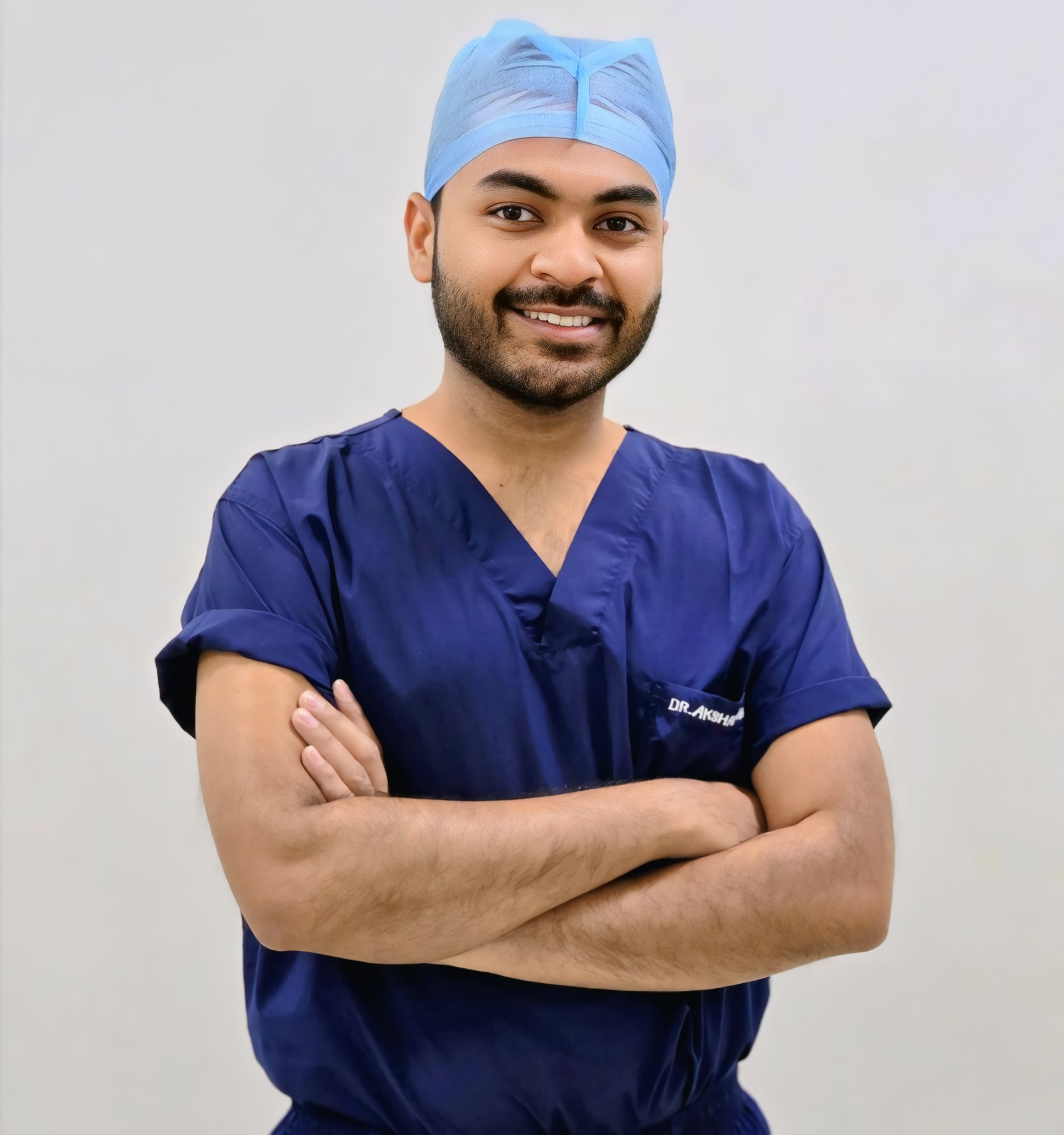
Dr. Akshat Khandaka
Arthoscopy & Arthoplasty Surgeon
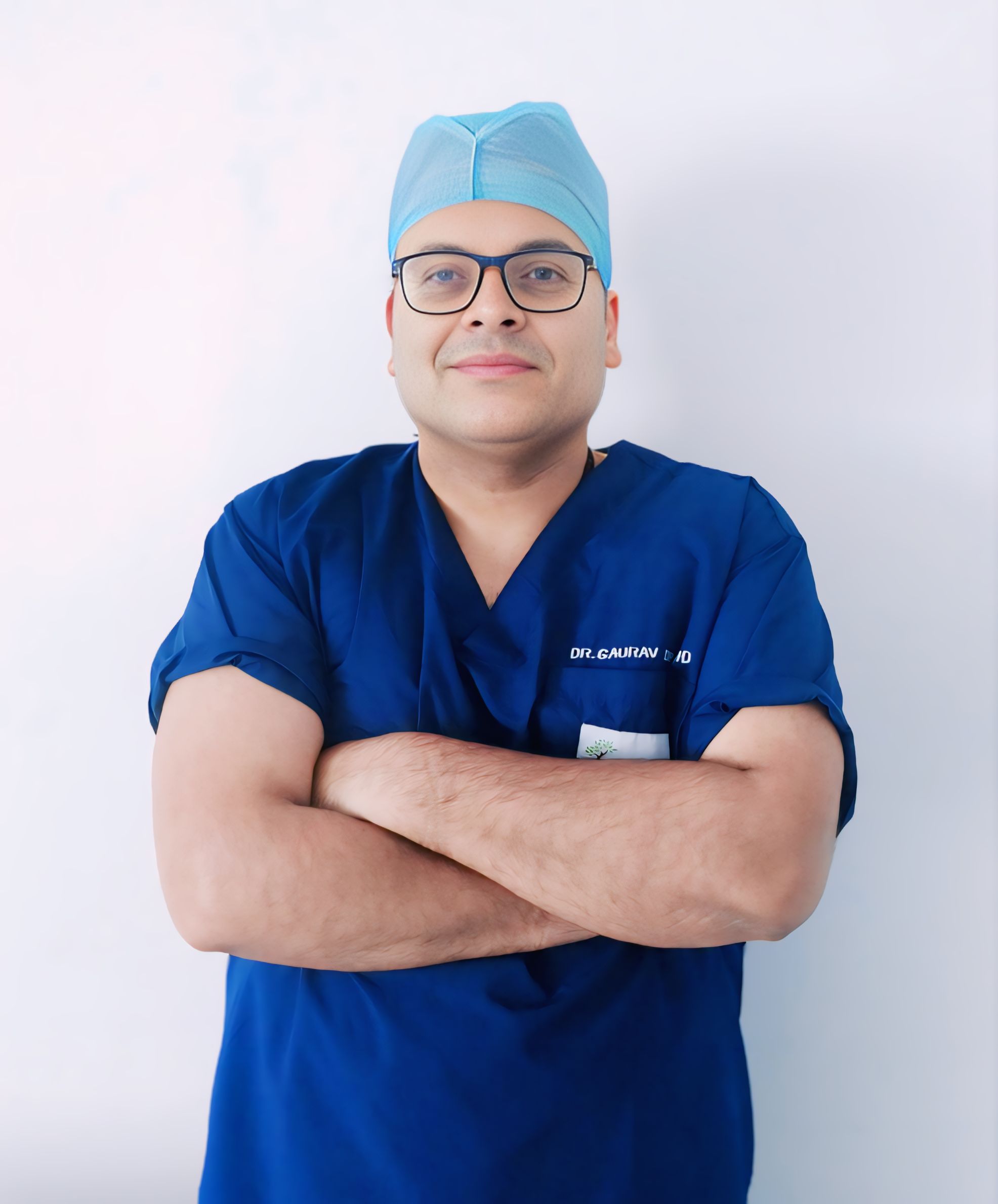
Dr. Gaurav Dravid
Orthopaedic Surgeon

Dr. Naveen Goyal
Orthopaedic Surgeon
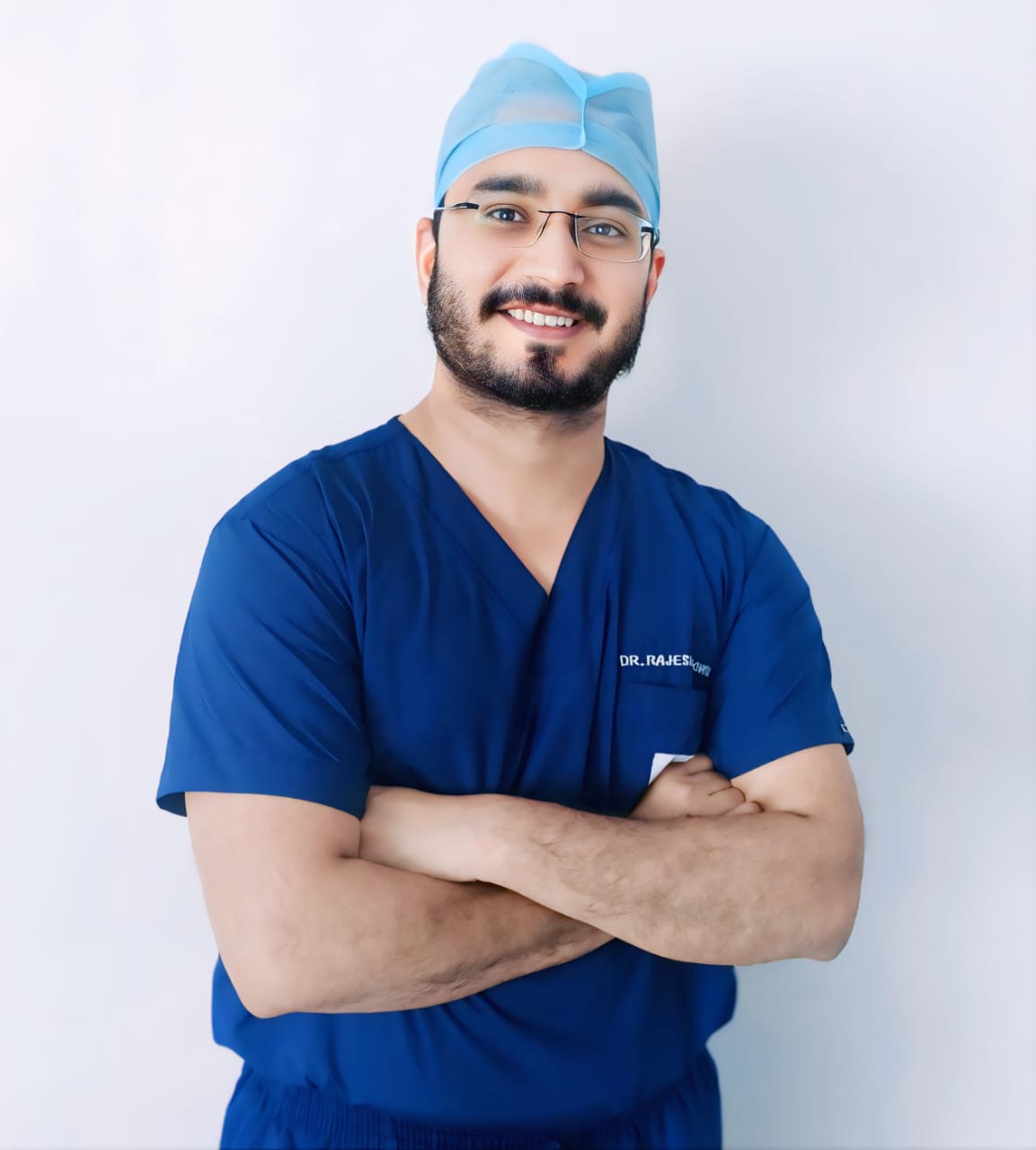
Dr. Rajesh Khandelwal
Orthopaedic Surgeon

Dr. Rakesh Sachdev
Orthopaedic Surgeon
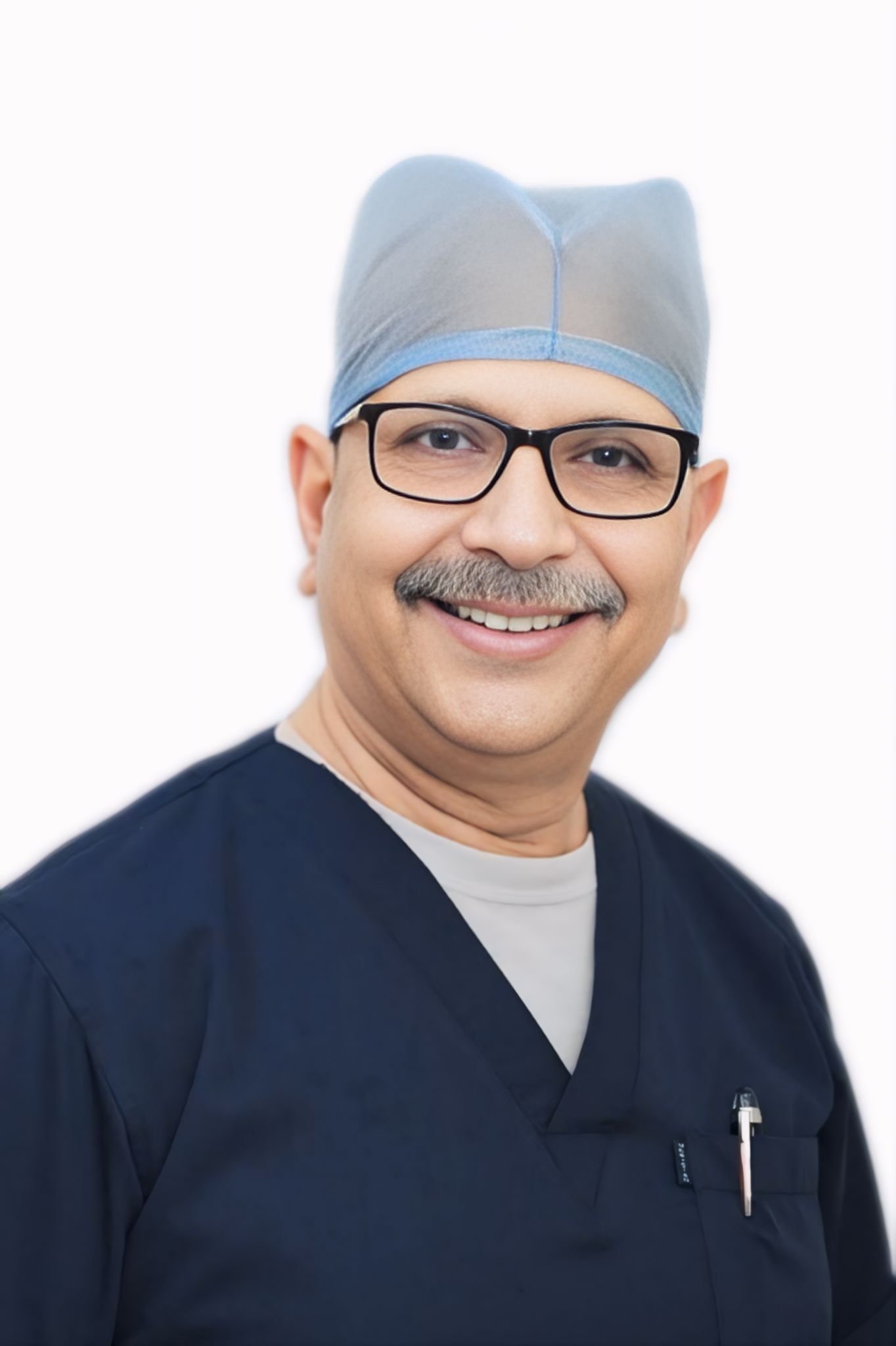
Dr. Mujahid Saleem
Joint Replacement Surgeon
Health Tips & Info
Like other surgeries shoulder surgery also involve risks and possible complications, that may become severe or life-threatening in a few cases during surgery or recovery.
Risks associated with shoulder surgery include-
- Infection
- Bleeding
- Blood clot (deep vein thrombosis)
- Anesthesia reaction like an allergic reaction or problems with breathing
Shoulder arthroscopy is the type of surgery that is done on the shoulder. It uses a small camera known as an arthroscope to repair tissues inside or around the shoulder joint. The arthroscope is inserted into the patient’s skin through the incision.
For the quickest recovery follow the below tips:
- Wear shoulder immobilizer or sling
- Eliminate painkillers as quickly as possible
- Avoid shoulder positions or arm movements
- Follow your doctor's recommendations and don’t rush toward recovery

